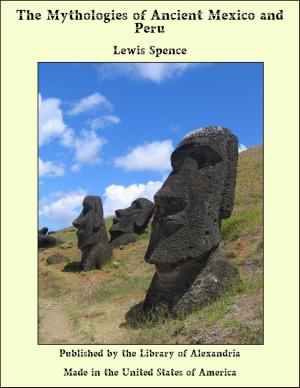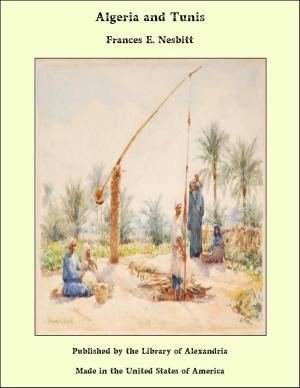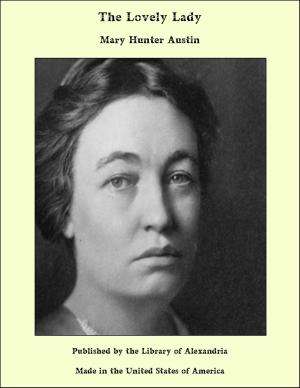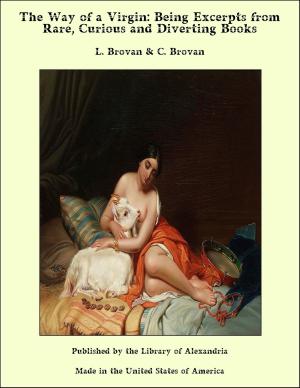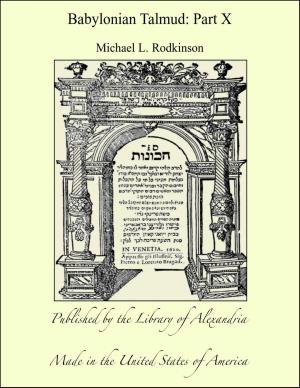| Author: | George Alfred Henty | ISBN: | 9781465525741 |
| Publisher: | Library of Alexandria | Publication: | March 8, 2015 |
| Imprint: | Language: | English |
| Author: | George Alfred Henty |
| ISBN: | 9781465525741 |
| Publisher: | Library of Alexandria |
| Publication: | March 8, 2015 |
| Imprint: | |
| Language: | English |
The Abyssinian expedition has, from the time it was first determined upon, attracted an amount of attention, not only in Great Britain but throughout the civilised world, altogether disproportionate to the strength of the army employed, or to the extent of the interests at stake. The total force engaged was under, rather than over, 10,000 men; not one-fifth the strength of an army which we might ourselves put into the field for a campaign in India; scarcely a fiftieth of the force at the command of either of the great Continental Powers. It was clearly not the magnitude of the expedition, then, which attracted attention: it was the extraordinary and novel circumstances under which it was undertaken; the almost insurmountable difficulties to be overcome; the unknown nature of the country to be traversed, and the romantic disinterestedness of the motives which led England to embark upon it, which has rendered it one of the most interesting and notable campaigns ever undertaken. Since the expedition of Pizarro and Cortes in the middle ages, no such novel and hazardous expedition is on record. The country itself was like that of the far-famed Prester John—everything about it smacked of the marvellous. It was more mountainous, more inaccessible, more war-loving, more wild than any Other country in the world. The king with whom we waged war was a potentate who by his military talents had raised himself from a comparatively obscure position to the sovereignty of all Abyssinia: he was enlightened beyond his race; patronised strangers, encouraged manufactures, endeavoured in every way to improve the condition of his country, and was yet a bloodthirsty tyrant. The people themselves were a strange race, far more civilised than Other African nations, Christians in the midst of a Mahometan and Pagan continent, a mixture of many races—African, Greek, Arab, and Jew. Altogether it was a land of romance. Nor had travellers done much to enlighten us as to the country. Some had described it as fertile in the extreme; Others had spoken of it as a land of mountain and defile, where no sustenance could be hoped for for the army.
The Abyssinian expedition has, from the time it was first determined upon, attracted an amount of attention, not only in Great Britain but throughout the civilised world, altogether disproportionate to the strength of the army employed, or to the extent of the interests at stake. The total force engaged was under, rather than over, 10,000 men; not one-fifth the strength of an army which we might ourselves put into the field for a campaign in India; scarcely a fiftieth of the force at the command of either of the great Continental Powers. It was clearly not the magnitude of the expedition, then, which attracted attention: it was the extraordinary and novel circumstances under which it was undertaken; the almost insurmountable difficulties to be overcome; the unknown nature of the country to be traversed, and the romantic disinterestedness of the motives which led England to embark upon it, which has rendered it one of the most interesting and notable campaigns ever undertaken. Since the expedition of Pizarro and Cortes in the middle ages, no such novel and hazardous expedition is on record. The country itself was like that of the far-famed Prester John—everything about it smacked of the marvellous. It was more mountainous, more inaccessible, more war-loving, more wild than any Other country in the world. The king with whom we waged war was a potentate who by his military talents had raised himself from a comparatively obscure position to the sovereignty of all Abyssinia: he was enlightened beyond his race; patronised strangers, encouraged manufactures, endeavoured in every way to improve the condition of his country, and was yet a bloodthirsty tyrant. The people themselves were a strange race, far more civilised than Other African nations, Christians in the midst of a Mahometan and Pagan continent, a mixture of many races—African, Greek, Arab, and Jew. Altogether it was a land of romance. Nor had travellers done much to enlighten us as to the country. Some had described it as fertile in the extreme; Others had spoken of it as a land of mountain and defile, where no sustenance could be hoped for for the army.


